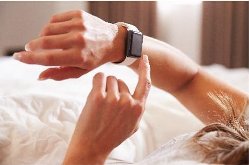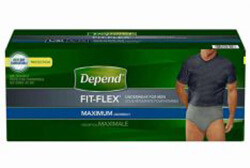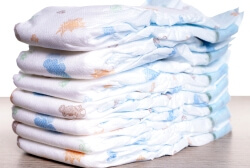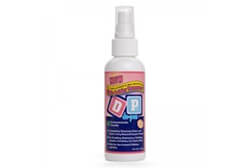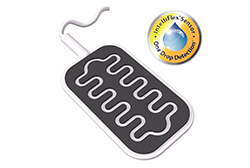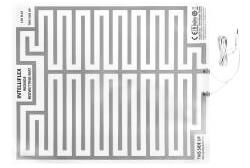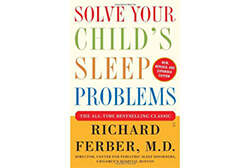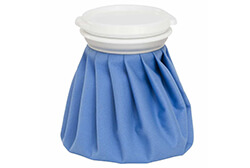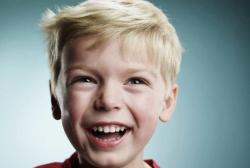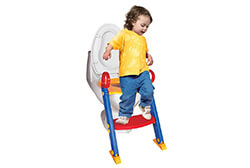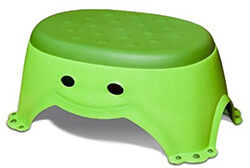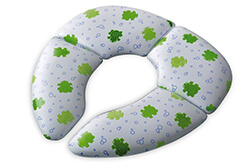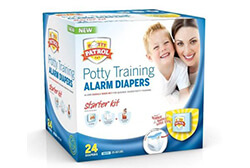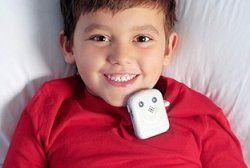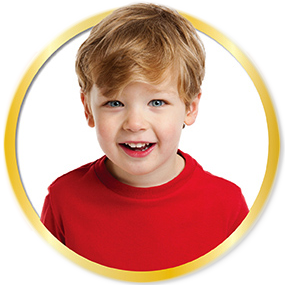Nocturnal Enuresis is another name for Nighttime Bedwetting. It is involuntary urination while sleeping found in children ages 5 years or older. At this age the bladder control should have occurred. Children with nocturnal enuresis may have excessive urine production, poor sleep at night or reduced bladder capacity. It's a common problem affecting an estimate 5 to 7 million children in United States. Nocturnal Enuresis occurs three times more in boys than girls. Unfortunately only one third of the families of children with this frequently troubling problem seek help from physician or use a bedwetting alarms or enuresis alarm . Children are not considered enuretic until they have reached 5 years of age. For the diagnose of nocturnal enuresis a child who is five or six years old should have two or more bedwetting accidents per month and a child who is over 6 years should have one or more bedwetting accidents per month
There are two kind of nocturnal enuresis. Primary Enuresis and Secondary Enuresis.
Primary Enuresis – This is the recurrent involuntary passage of urine during sleep by a child aged 5 years or older, who has never achieved consistent nighttime dryness. This may further be subdivided into children who have enuresis only at night and those who also have daytime symptoms. This is the most common form of nocturnal enuresis.
Secondary Enuresis – This is the involuntary passage of urine during sleep for children, adults or teen who have previously been dry for at least six months.








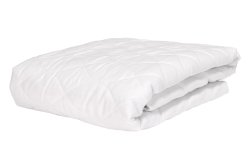 Our #1 Top SellerIdeal for Daily Use
Our #1 Top SellerIdeal for Daily Use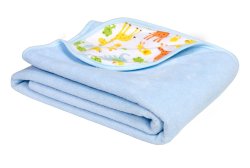 Premium Quality BeddingSoft and Comfortable
Premium Quality BeddingSoft and Comfortable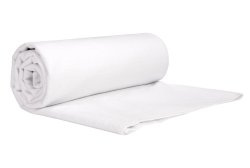 Premium Quality BeddingLarge Urine Absorption
Premium Quality BeddingLarge Urine Absorption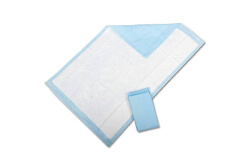 AFFORDABLE PRICECHANGE DAILY AS NEEDED
AFFORDABLE PRICECHANGE DAILY AS NEEDED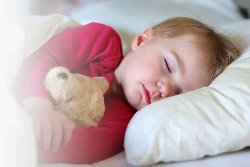
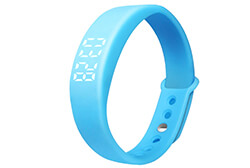 Sleek, Stylish and Affordable Watch
Sleek, Stylish and Affordable Watch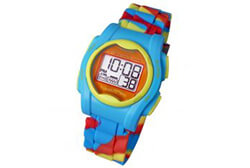 Multi-Function Watch with Numerous Features
Multi-Function Watch with Numerous Features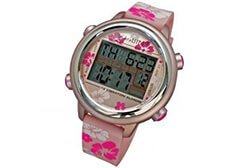 Recommended watch for teens and adults
Recommended watch for teens and adults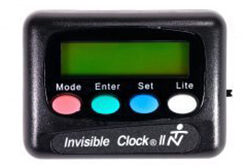 Perfect for medication and other reminders
Perfect for medication and other reminders